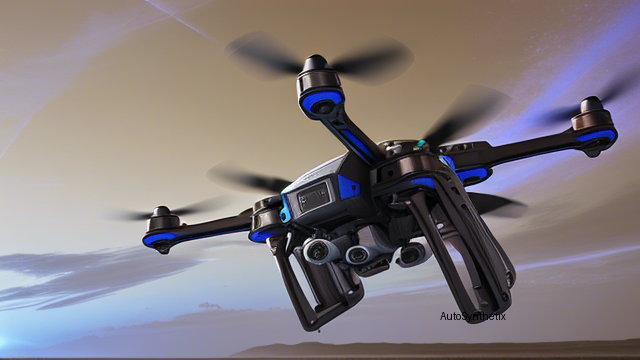In today's rapidly evolving technological landscape, drones, commonly known as Unmanned Aerial Vehicles (UAV), play a pivotal role across numerous industries. Their versatility demands uncompromising reliability, particularly concerning their critical aviation subsystems – a responsibility traditionally fulfilled via meticulous human intervention in system-level tests. However, researchers Hassan Sartaj et al.'s pioneering work presents a revolutionary alternative, harnessing the power of Model-Based Testing coupled with advanced Artificial Intelligence (AI) techniques. This transformative approach, termed 'AITester', aims to revolutionize how we ensure the safe operation of future generations of autonomously navigating airborne crafts.
Traditional practices necessitate laborious handcrafted creation of complex test cases, often relying heavily upon simulation environments alongside painstaking manual evaluations. Conversely, the innovatively designed AITester framework leverages real-time data collection within actual operational circumstances, generating dynamic test scenarios "on the fly". These adaptive strategies enable a more comprehensive understanding of potentially hazardous situations, thus exposing latent vulnerabilities embedded deep within a UAV's heartbeat—its core Avionics Software Systems.
This paradigm shift towards intelligent automated testing holds significant promise for enhancing both the efficiency and efficacy of detecting issues before they escalate into catastrophic events. By implementing the AITester methodology, extensive experiments were conducted over key elements in a typical UAS setup. Two primary constituents, namely the UAV's self-governing Autopilot System and its Ground Control Station's Cockpit Display Subsystems, were subjected to exhaustive scrutiny. Encouraging findings revealed that this proactive strategy successfully unearths discrepancies leading to unexpected behaviors in both examined domains while concurrently highlighting areas requiring further refinement.
As humanity continues to explore new frontiers in aerospace engineering, ensuring public confidence remains paramount amid our rapid advancements. The introduction of such cutting-edge solutions like AITester will undoubtedly contribute significantly toward solidifying trustworthiness in tomorrow's skylines populated by increasingly sophisticated fleets of artificially controlled flying machines. With every leap forward in technology comes great responsibility, one ably addressed herein by Sartaj's team's visionary research efforts aimed squarely at safeguarding the future of aerial mobility.
References: - arXiv:2403.15857v2 [cs.SE], "Automated System-Level Testing of Unmanned Aerial Systems" by Hassan Sartaj, Asmar Muqeet, Muhammad Zohaib Iqbal & Muhamamd Uzair Khan.
Source arXiv: http://arxiv.org/abs/2403.15857v2
